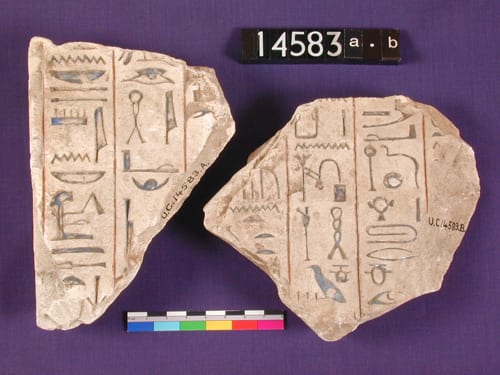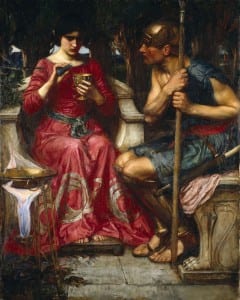Egyptian Languages: Explained
By tcrnlmb, on 23 January 2018
In our collection, we have representations of texts in all the major Egyptian languages.
What, more than one? Yes! From ancient Egypt to historical Egypt to modern Egypt, there were many different scripts and languages used…
Hieroglyphs:
The script that is most recognisably Ancient Egyptian®. One of the oldest scripts used by the ancient Egyptians – and the script with the most longevity – its origins can be seen very early on in Egypt’s history, starting out life as single or small groups of signs that represented entire concepts or specific sounds. Already in the Early Dynastic Period (3100-2686BC), these signs were beginning to become standardised and by the 3rd Dynasty (2686-2613BC) were used in a wide range of contexts. They were, however, especially associated with religious texts, as it was believed that the beauty and monumental nature of hieroglyphs indicated that they were the ‘words of the gods’ (medu-netjer) and intended to be read by them.
 Close
Close



